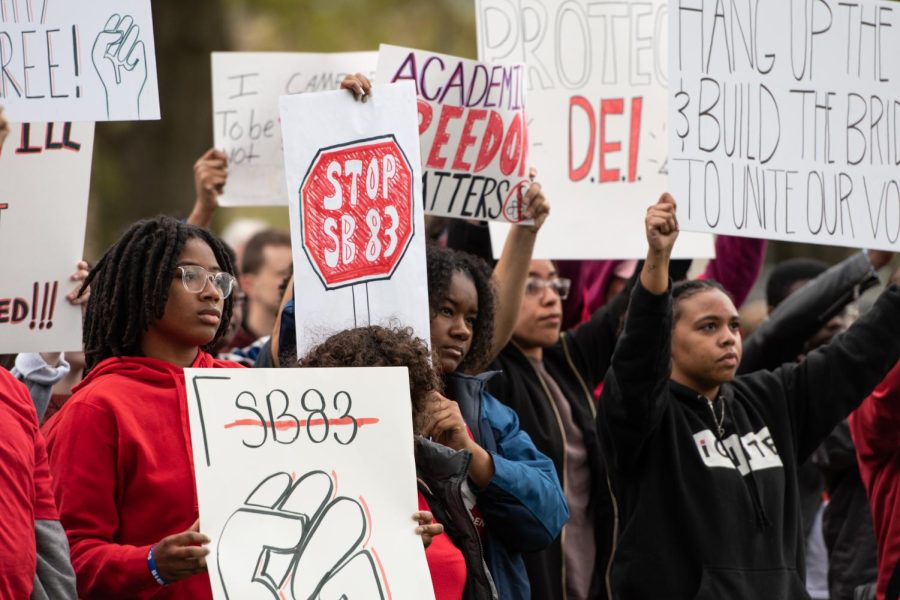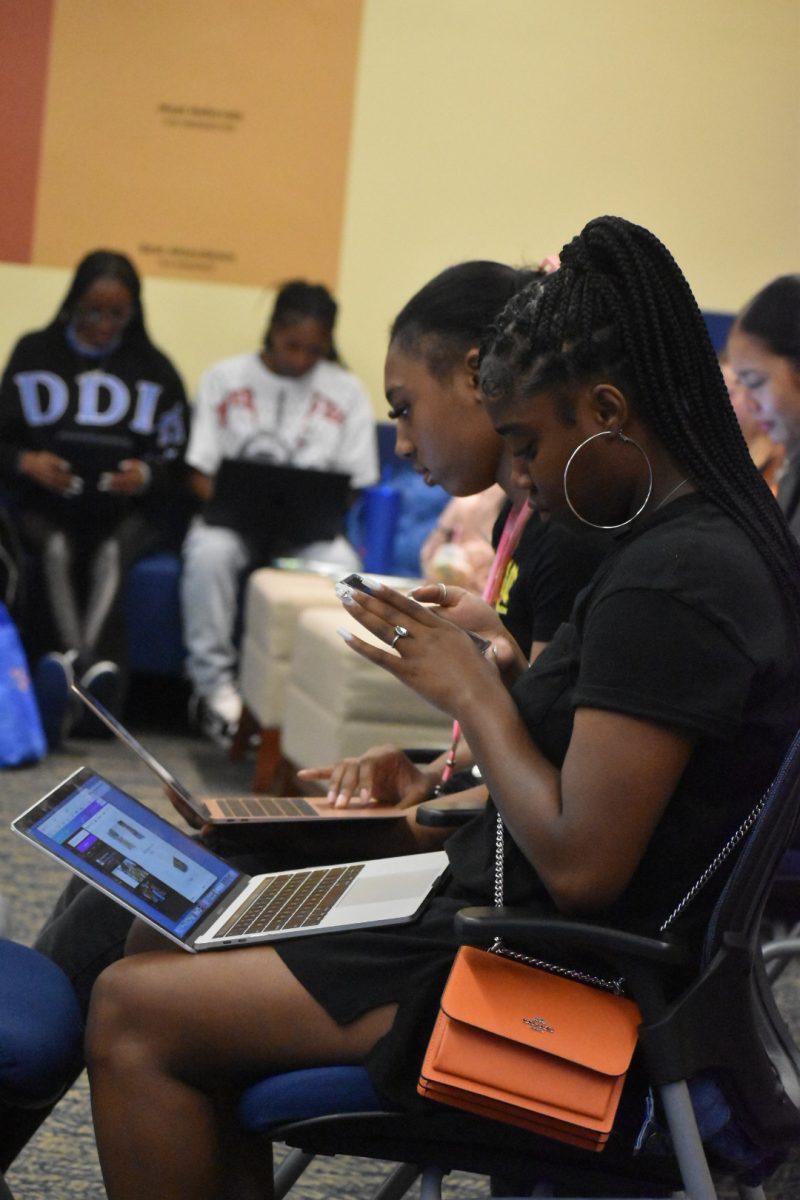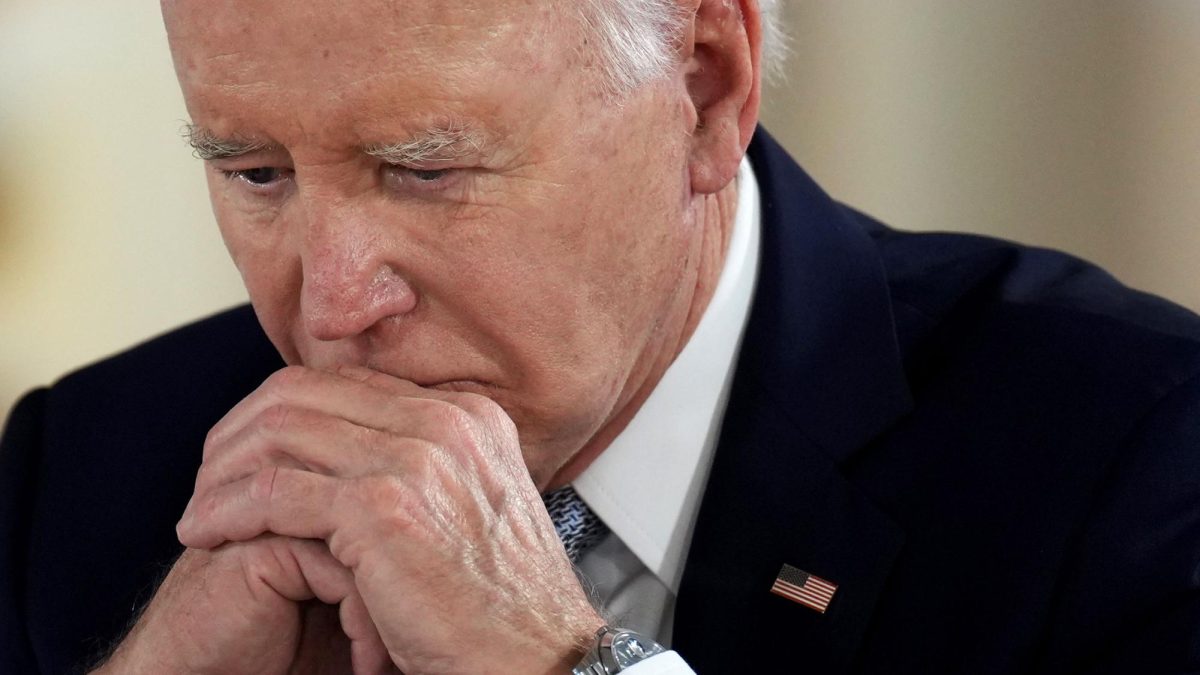Ohio House Speaker Jason Stephens (R-Kitts Hills) said on Tuesday, Senate Bill 83 will not have enough votes to pass through the House.
Stephens has been adamant before about the bill needing to change in order to have enough support. This message contrasts with what has previously been seen in the Ohio Senate, where Senate Bill 83 passed in a 21-10 vote in May.
After going through the Senate, the bill underwent a number of changes from its original form, including building fewer barriers between Ohio universities and Chinese schools and exemptions from certain American history courses. Ultimately, Stephens still does not see enough support generated for the bill to pass through the Higher Education Committee.
“It doesn’t have the votes,” Stephens said to reporters at the statehouse Tuesday.
There are a lot of concerns about Senate Bill 83 coming from both sides and they would need to examine and address those problems if the bill were to eventually be passed, he said.
Representative Joe Miller (D-Lorain), a ranking member of the Higher Education Committee in the House, said he and other democrats in the committee and general caucus are opposed to the bill.
Miller said infringement on labor rights, free speech and faculty job security are the main areas being targeted in the bill, and he held concern for the working conditions of professors in public universities.
“Why would a professor choose to work in these conditions when you’re weighing in the institution of higher education in Ohio against other states?” Miller said. “Why would students or faculty choose to come to Ohio? Senate Bill 83 undermines and undervalues the efforts that universities have made over decades to construct policies that work best for students, battling the trustees that are there.”
The bill in its current version prohibits diversity, equity and inclusion courses in public universities and would have students submit evaluations on whether their course was free of political, racial, religious or gender bias.
“It’s not allowing academic integrity,” Miller said. “You’re saying that it’s okay for students to give their own opinions and beliefs without basing it on facts and saying that those beliefs should not be graded poorly because they differ in ideology with the professor’s course or coursework, so it’s not a good bill. Bad language. It’s not good for Ohio.”
On Wednesday, the committee held a meeting where they heard testimonies from Ohio students and professors. Miller said the turnout of those in opposition of the bill was strong.
“I believe the opponents’ testimony was much stronger and supported by much more data than the proponents’ was,” Miller said.
Senate Bill 83 is sponsored by Senator Jerry Cirino (R-Kirtland), who described it as a protection of free speech and diversity of opinion.
“Cirino called this bill an enhancement to higher ed, and I just see this as an attack on higher ed, because it surely doesn’t enhance it,” Miller said. “These are unnecessary and overreaching mandates.”
After several attempts from KentWired, Cirino could not be reached for comment.
Representative Tom Young (R-Washington Township) said one of the main benefits of Senate Bill 83 is that it may eventually encourage an uptick in Ohio public university enrollment.
“Universities are very important to me,” Young said. “They’re a very strong driving engine, but we continue to drop in rankings on intellectual capital in Ohio and it just kills me. We’ve got to right-size universities, we have to make common sense adjustments.”
Young said when it comes to politics, and specifically Senate Bill 83, sometimes change is inevitable.
“You can fight it all you want, but sometimes you have to just surrender to it and then re-evolve,” Young said. “That’s pretty powerful.”
Young disagreed with what Stephens said about the bill not garnering enough support. He said Stephens has taken that stance since the beginning and has never deviated from his original position, so the recent statement he made is not news to Young.
“You never know what’s going to happen until it happens, you don’t know,” Young said. “ I’m going to go to my committee and we’re going to talk about this, and you never know what’s going to happen until the votes are counted.”
In the spring, the Department of Africana Studies made a written statement expressing their opposition to Senate Bill 83. Linda Piccirillo-Smith, a professor in the university’s Department of Africana Studies, said the bill was inaccurate in its description of how certain content is being taught.
Supporters of the bill have said it will combat liberal indoctrination in higher education, which Piccirillo-Smith said is not what occurs in her department or other areas of higher education.
“We fundamentally oppose the whole idea of wokeness as they define it,” Piccirillo-Smith said. “Our whole discipline is invested in providing information on the history, sociology and politics of people of African descent on the continent and throughout the diaspora. To restrict how we would present that information is contrary to our mission.”
Piccirillo-Smith said the entire department is still feeling a sense of anxiety over what’s to come in the future of this bill.
“It is sort of a weight that is either very present, like last week when they were going to have a hearing,” Piccirillo-Smith said. “Or, it’s in the background because it was tabled and we wait to see what happens, but it hasn’t gone away.”
Kayla Gleason is a reporter. Contact her at [email protected].























